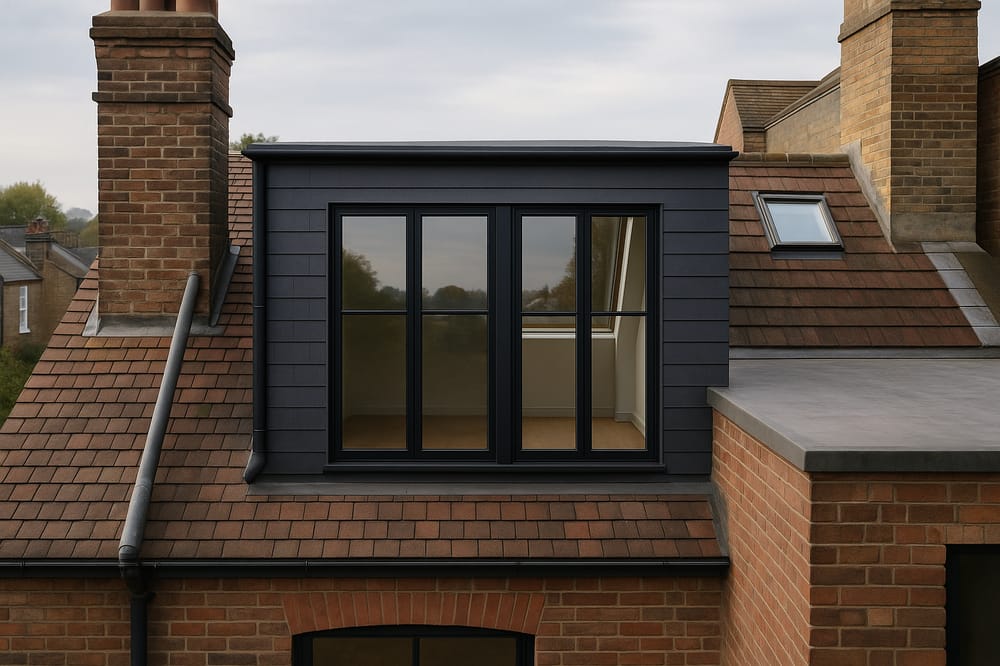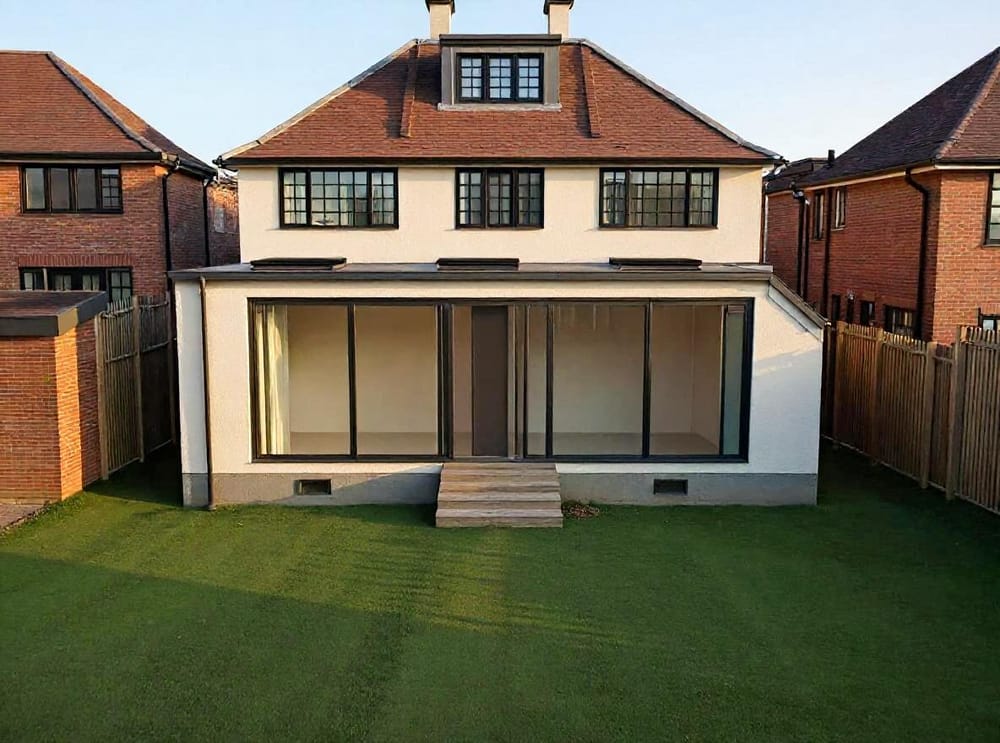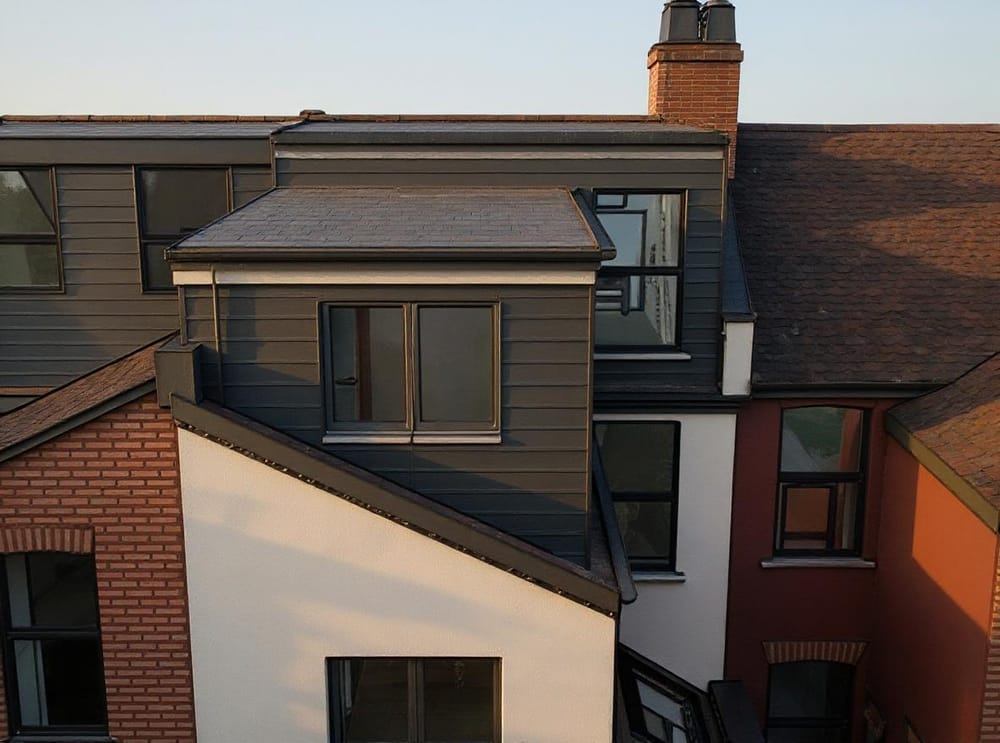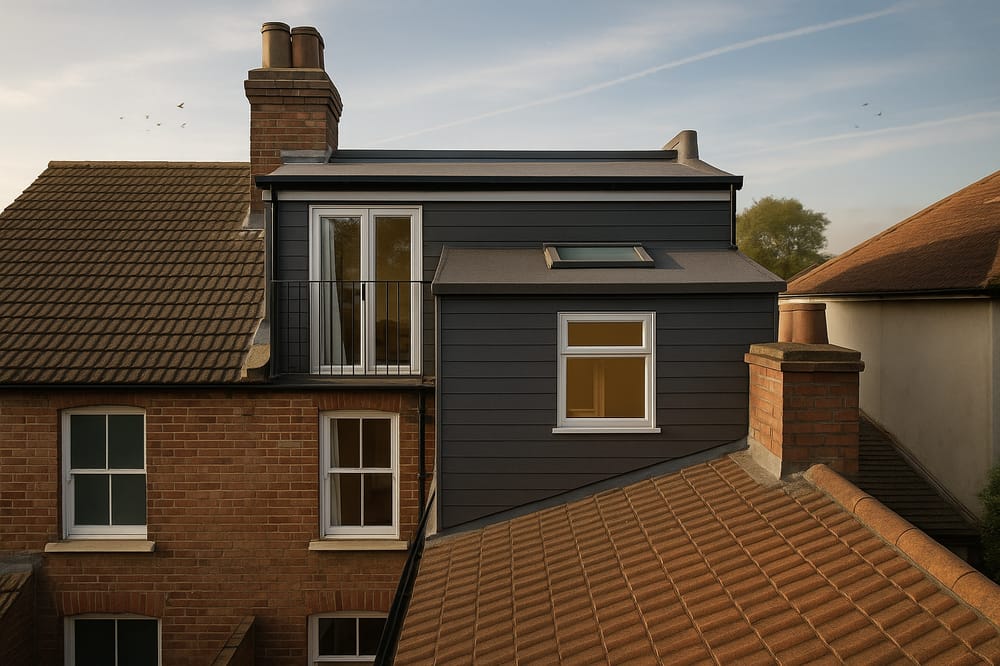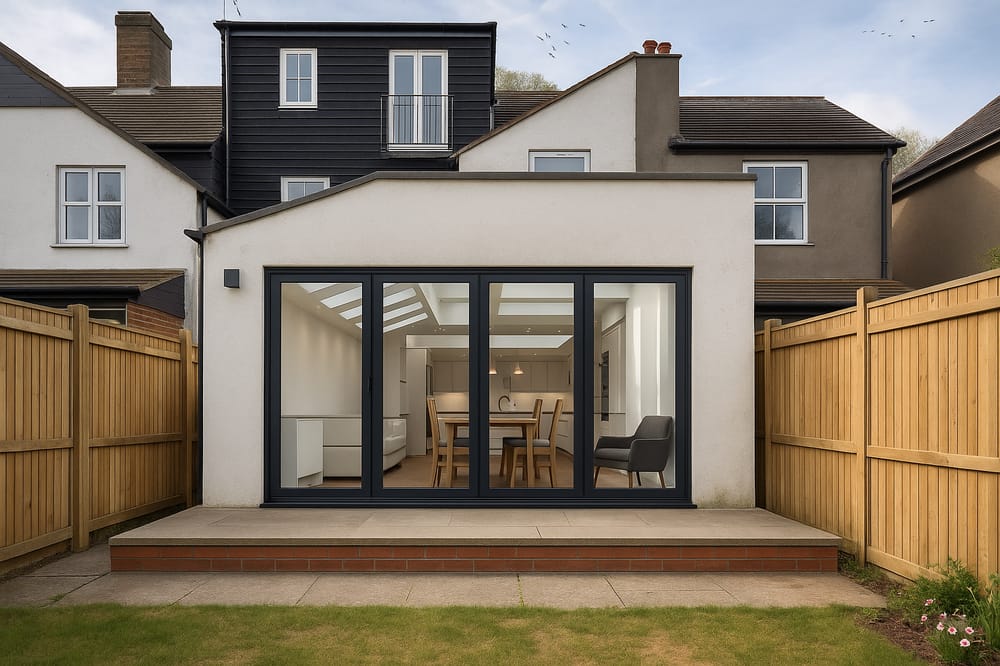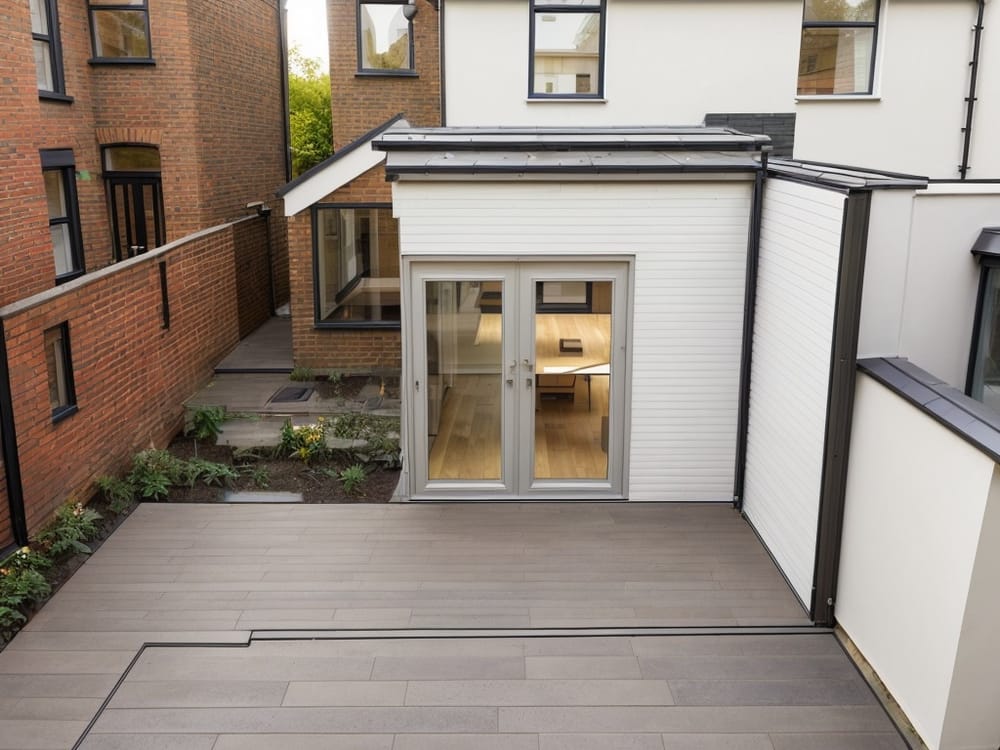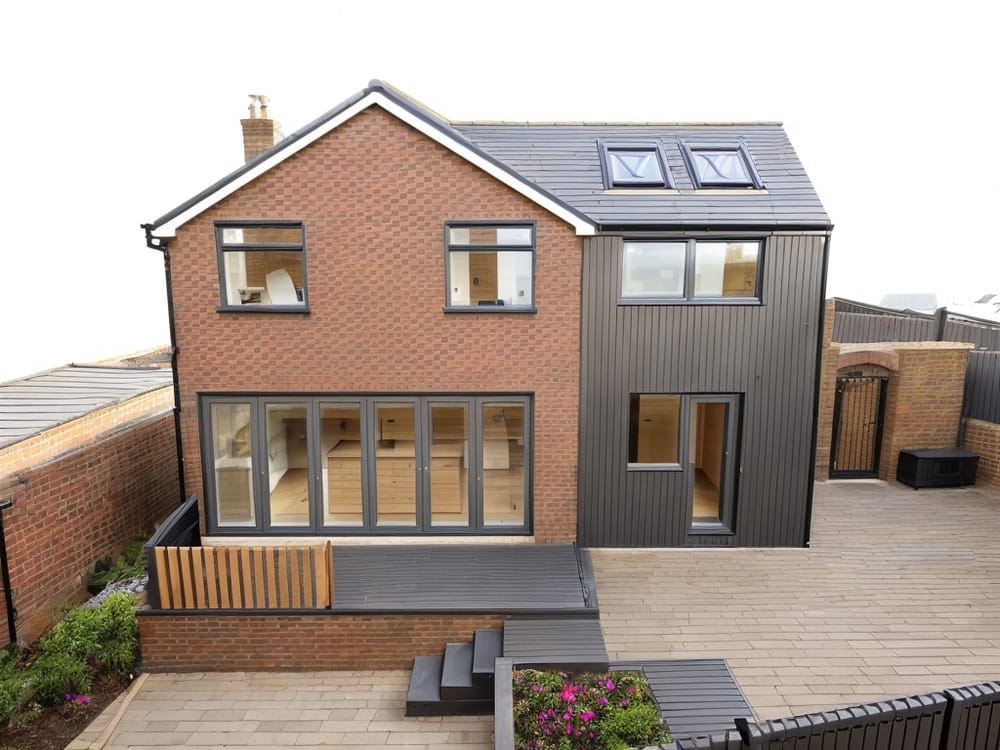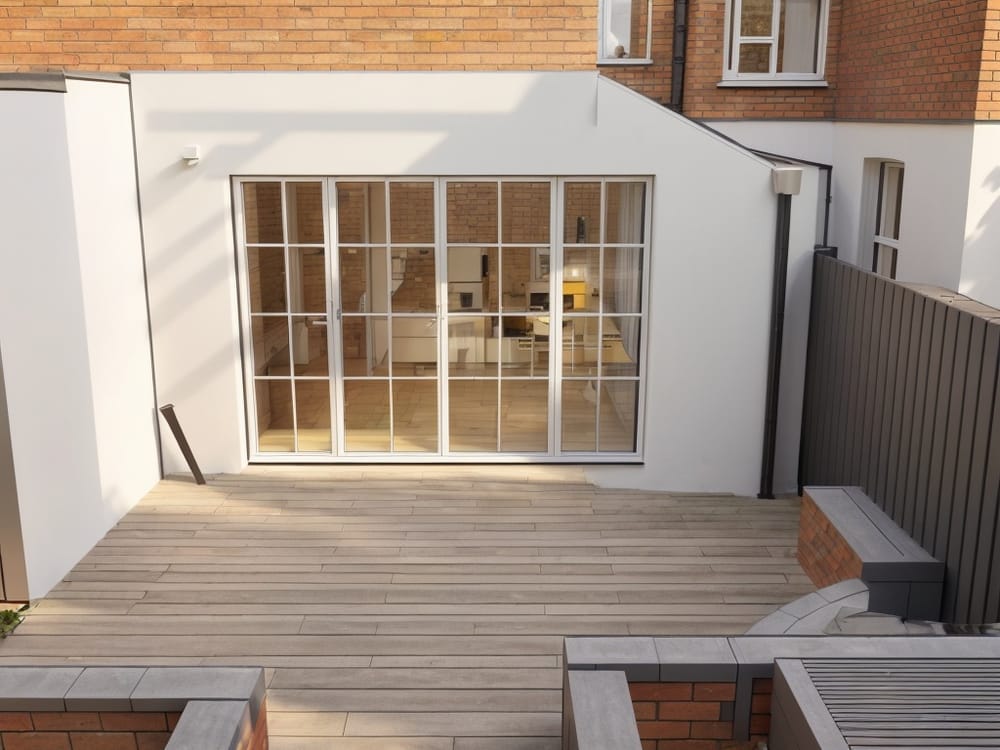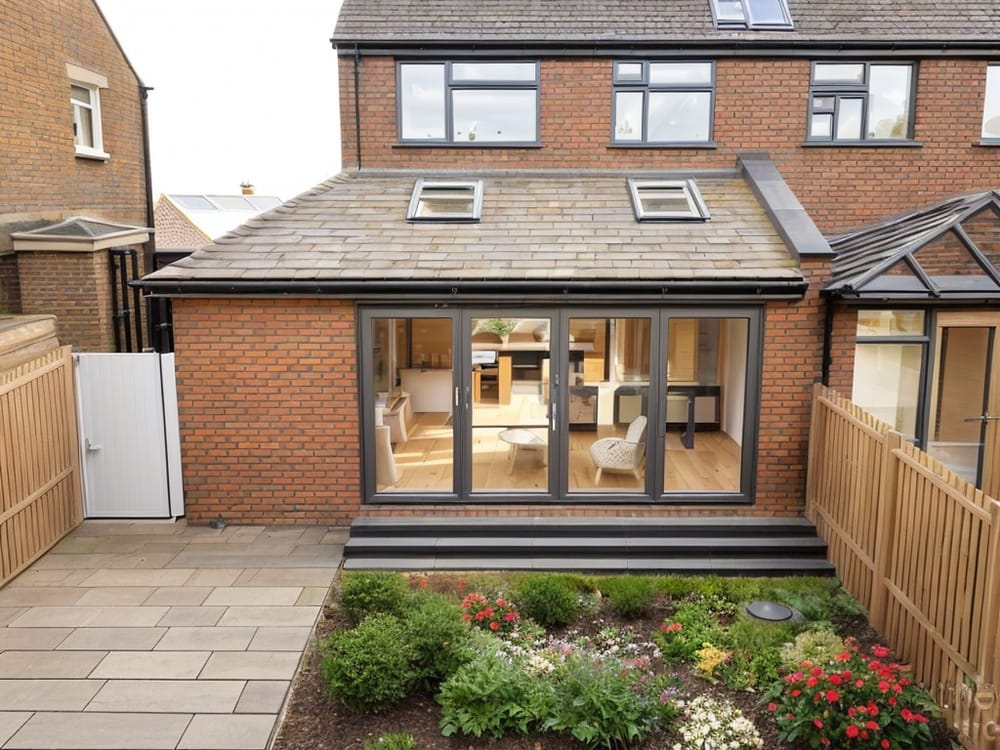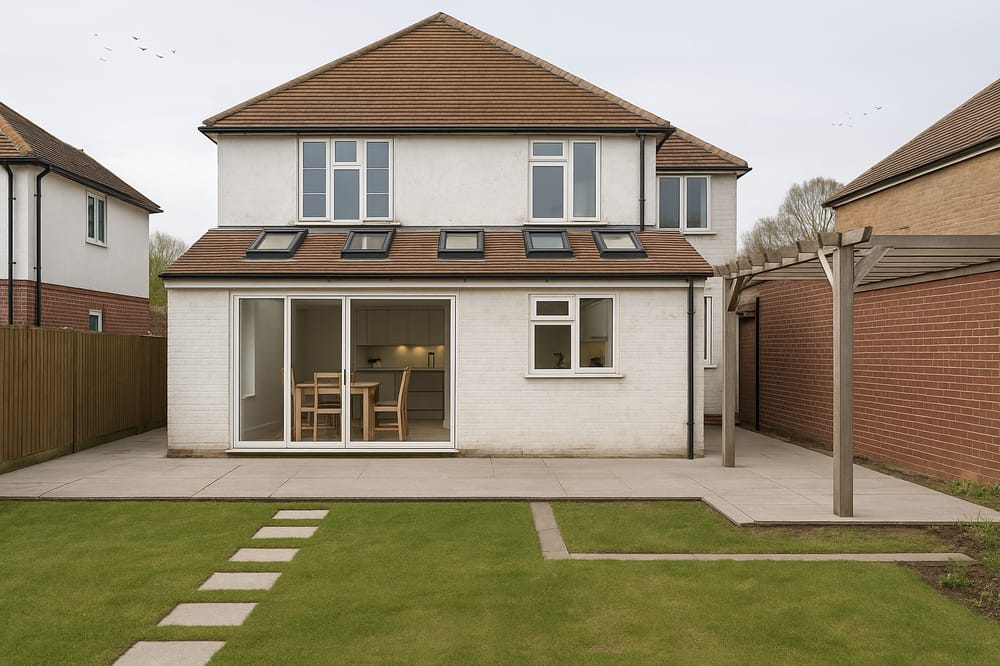Building a house is a great way to ensure you get everything you want and need from your home. However, as any Grand Designs fan will know, house build projects are prone to a number of mistakes. Yours doesn’t need to be this way.
By learning from common mistakes we can identify areas of a new build project that require special attention. Avoiding these 5 pitfalls will ensure that building your dream home is as enjoyable an experience as possible...
Rushing into buying land
We get it. You’re excited and want to start building as soon as possible. Maybe you’ve found a spot perfect for your new home that you’re worried will soon get snapped up. But rushing the initial stage of buying land can result in a host of issues down the line.
A proper survey of the land should be carried out by an experienced professional before you commit to buying. Chartered surveyors will be able to assess the land for areas such as:
- Flooding
- Soil quality
- Ground stability
- Existing structures
- Nearby power lines
- Land boundaries
- Other legal stipulations
As you can imagine, when issues like these are missed they become a real pain during a build. The good news is with thorough research these issues can either be avoided or dealt with early on, potentially saving a lot of time and money.
Learn more about buying land in the UK.
Optimistic budgeting
Speaking of money, let’s address one of the most frequent issues with new build projects: optimistic budgeting.
Optimism during any large project is certainly a healthy attitude to have, but don’t let it cloud your judgement. Whilst you can build bigger for cheaper than you would if you were buying a pre-built home, you still need to be realistic with the costs.
The cost of land, contractors and building materials are hard to ignore, but some of the smaller costs are easily overlooked. Such as:
- Legal fees
- Site surveys
- Architectural fees
- Planning application fees
- Warranty
- Self-build insurance
- Stamp duty and land tax
- And much much more
So, how much does it cost to build a house?
Building a home usually costs between £1,800 and £3,000 per square metre, depending on the quality of finish, contractor type and a host of other variables. We also suggest adding 15% for professional’s fees and 10% as a contingency cushion.
Remember: the more research you do while budgeting the less likely you are to get a nasty surprise fee. For tailored project estimates book in a call with our team.
Learn more about how much it costs to build a home.
Not getting covered
Another side effect of optimism is thinking nothing will go wrong. Unfortunately, things can go wrong outside of our control that no amount of research or planning can prevent. The weather could halt construction, a pandemic could shut down the country - these days it feels like anything could happen!
Adding at least a 10% contingency cushion to your overall budget is one way of giving yourself a bit of security, but you should also be thinking about insurance. So what are your options?
Self-build insurance
A standard home insurance policy will not cover building your own home so you need to look to specialist self-build insurance. Though policies differ between providers, most will cover:
- Damage to the property and building site due to flooding, bad weather or fire
- On-site theft of tools or equipment
- On-site accidents and injuries
- Legal expenses
Self-build/structural warranties
Structural warranties will payout if you find a serious defect with your home up to 10 years after completion. This includes chasing contractors if work is poorly completed. Remember, without a developer, it is your responsibility to chase up any issues that arise.
Life insurance
It might not be nice to think about, but were the worst to happen during your new build project your dependents could be placed at huge financial risk. Life insurance policies give your family financial security in these situations.
If you are looking for advice on insuring yourself, your home or a home project, book a call with our in-house finance specialists.

Whether it's budgeting, insurance or any other finance query, our team are on hand to help.
Prolonging the planning stage
The planning phase of a new build project is a big one, which will likely require a little more thought than gaining permission for works on an existing building. However, a mistake many make is prolonging this planning stage longer than it needs to be.
A pre-application is a great way of getting a local planning authority’s opinions on your ideas before committing to them. This can be done before land is even purchased, that way you’re not wasting time with land your planning authority won’t let you build on.
A pre-application also gives you an idea of how creative you can be. Building your own home should be about the freedom to create what you want, but you may find your local authority has other ideas.
The best way to tackle the planning stage is by working with an experienced architect to get down your ideas. At Resi, we also have a dedicated planning team who will cooperate with the planning authority on your behalf, making sure the right questions are asked and the process is as streamlined as possible.
Want to increase your chances of planning approval first time round? Book a free consultation with the Resi team.
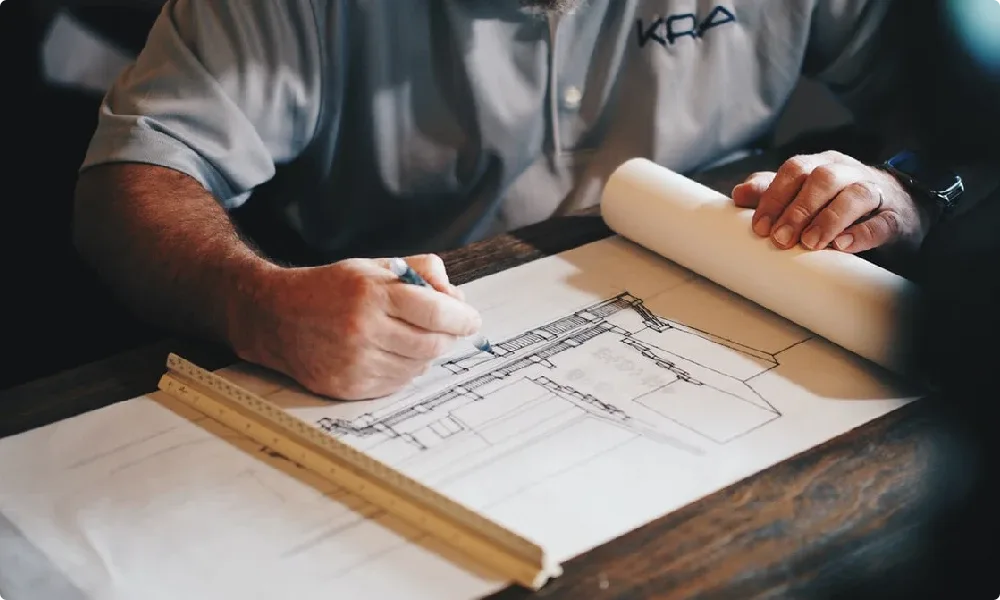
Don't make the planning stage any longer than it needs to be. Talk to an architect about submitting a pre-application.
Not picking the right builders
Here are out top tips for choosing the right builder for your project and avoiding any conflict along the way.
The key to picking the right builder is simple: research, research, research. Particularly when building a home from scratch, you want to know exactly who your contractors are and how good of a service they will provide. When researching builders you should look into the following areas:
References
Get in touch with their references and get a realistic appraisal of their work. Don’t only look into projects they’ve worked on recently as you may miss something important.
Accreditation
TrustMark is a government-endorsed quality scheme used to help homeowners find trustworthy tradespeople. A TrustMark accreditation should be a reassuring sign of quality.
Availability
A contractor’s availability is often a sign of their quality of service. Though there are notable exceptions, one should be sceptical of any contractor who is immediately available for a large project like a new build home.
Detailed quotes
A good contractor will be able to provide a detailed quote without questionable grey areas. Quotes lacking in detail may spring nasty surprises along the way.
Can you get along with them?
You should always ask whether your contractor is someone you can have a positive work relationship with. Especially in a new build project where you will be working together for many months.
Resi Connect can help introduce you to vetted contractors in your area.
Give the free tool a try today.
Summary
Don’t rush into buying land. Make sure you know exactly what you’re buying first.
Budget realistically. Do your research to reduce any nasty surprises.
Get covered. If things go wrong you shouldn’t have to suffer financially.
Get the planning pros on board. The planning stage doesn’t need to be a never-ending headache.
Do the research on your contractor. You want to make sure your dream home is in safe hands.




